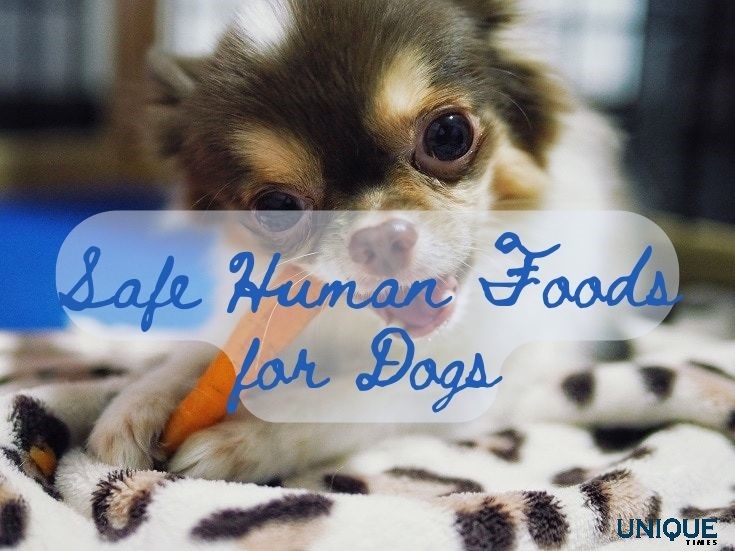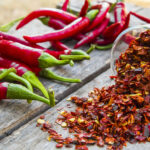Canine Cuisine: Which Human Foods Are Safe for Dogs?

Our furry companions often have a knack for giving us their best puppy-dog eyes whenever we’re enjoying a meal. While it’s tempting to share a bite with them, not all human foods are safe for dogs. In this blog, we’ll explore which human foods are safe for your canine friends and which ones should be kept out of their reach.
1. Safe and Healthy Treats:
Certain human foods can be a healthy and delicious treat for your dog. Fruits like apples (minus the seeds), blueberries, and watermelon can make for nutritious snacks. Vegetables such as carrots and green beans are also great options.
2. Lean Proteins:
Lean proteins like cooked chicken, turkey, or beef (without seasonings or bones) can be a tasty addition to your dog’s diet. These proteins provide essential nutrients and can be used as training treats.
3. Eggs:
Eggs are a good source of protein and can be fed to your dog as an occasional treat. Be sure to cook them thoroughly and avoid using any added ingredients like salt or butter.
4. Whole Grains:
Moderate amounts of whole grains like plain cooked rice or oatmeal can be beneficial for dogs. They can provide fiber and energy without causing digestive issues.
5. Peanut Butter:
Most dogs love peanut butter, and it can be a fantastic source of protein and healthy fats. Ensure that it doesn’t contain xylitol, a sugar substitute that is toxic to dogs.
6. Dairy in Moderation:
While some dogs are lactose intolerant, others can tolerate small amounts of dairy products like plain yogurt or cheese. Monitor your dog for any signs of digestive upset.
7. Fish:
Fish like salmon and tuna can be a great source of omega-3 fatty acids, which promote healthy skin and coat. Ensure that it’s cooked, boneless, and free of added seasonings.
8. Foods to Avoid:
It’s crucial to know which human foods are off-limits for dogs, including chocolate, grapes, raisins, onions, garlic, avocados, alcohol, caffeine, and foods high in salt or fat.
Conclusion:
Sharing human food with your dog can be a delightful way to bond and show affection. However, it’s essential to be aware of what’s safe and what’s not. Always consult with your veterinarian before introducing new foods into your dog’s diet, especially if your pet has specific dietary needs or allergies.
By offering your furry friend the right human foods in moderation, you can ensure they enjoy tasty treats while staying safe and healthy. Remember, a well-balanced commercial dog food should always be the primary source of nutrition for your canine companion.
Picture Courtesy: Google/images are subject to copyright







